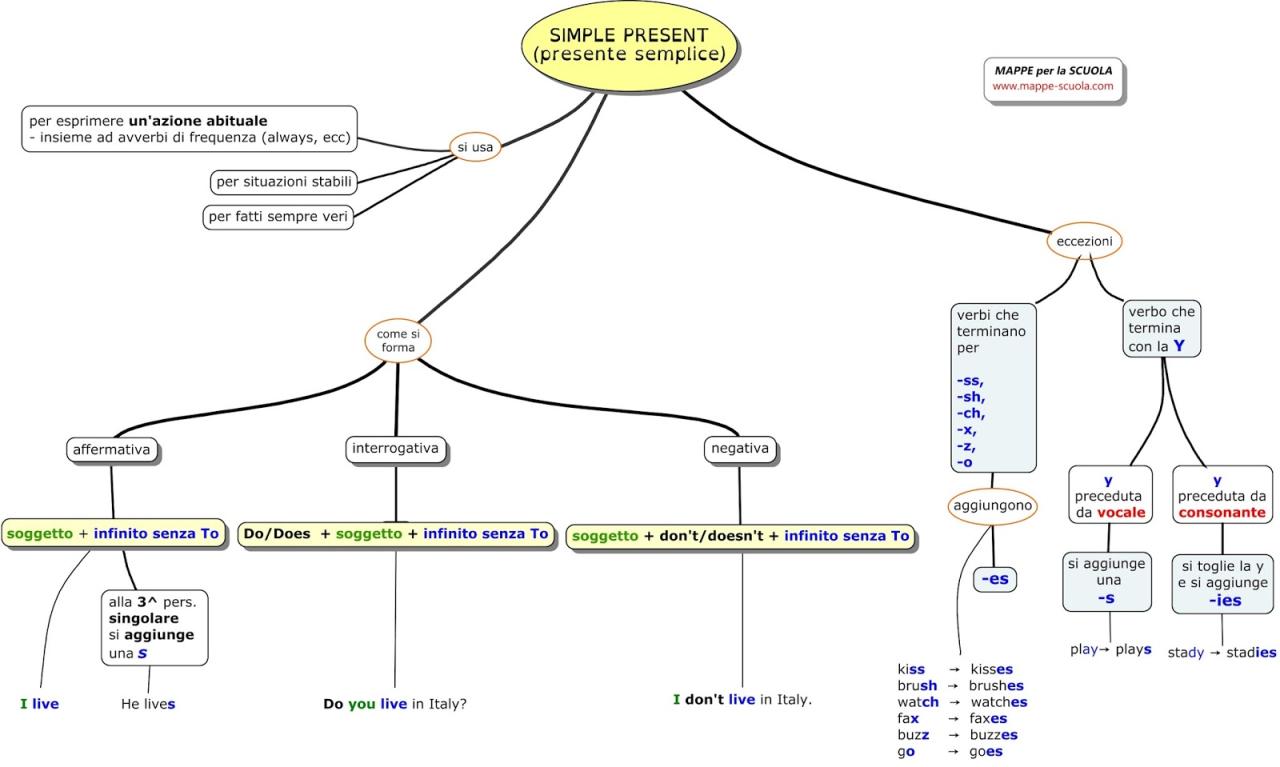With simple help desk ticket system at the forefront, managing customer inquiries and support requests has never been easier. In today’s fast-paced digital world, where customer expectations are higher than ever, implementing an efficient ticketing system can make all the difference. This system not only streamlines communication between customers and support teams but also ensures that no query goes unanswered, leading to enhanced satisfaction and improved productivity.
This innovative approach to customer service helps organizations track issues, manage responses, and analyze trends, all from a centralized platform. Whether you’re a small business or a large corporation, utilizing a simple help desk ticket system can significantly enhance your operational efficiency and customer relations.
Urban gardening has evolved significantly over the past few decades, transforming the way city dwellers engage with nature and food production. As more people flock to urban areas, the need for sustainable living practices has become increasingly urgent. Urban gardening not only addresses this need but also enhances the quality of life in densely populated environments.
What is Urban Gardening?
Urban gardening refers to the practice of cultivating, processing, and distributing food in or around urban areas. It encompasses various styles, including container gardening, vertical gardening, community gardens, and rooftop gardens. These methods allow city residents to grow their own fruits, vegetables, and herbs, often with limited space and resources.

The Benefits of Urban Gardening
1. Fresh Produce at Your Fingertips
One of the most immediate benefits of urban gardening is access to fresh produce. Growing your own food means you can enjoy fruits and vegetables that are organic and free from pesticides. This not only promotes healthier eating habits but also reduces the carbon footprint associated with transporting food from rural to urban areas.

2. Environmental Impact
Urban gardens contribute positively to the environment. They help to improve air quality, reduce urban heat, and promote biodiversity by providing habitats for various species. Additionally, urban gardening can assist in stormwater management by reducing runoff and increasing water absorption in soil.
3. Community Building
Community gardens are a wonderful way to bring people together. They foster a sense of community and encourage collaboration among neighbors. Participating in a garden project can forge friendships, create a support system, and even lead to social activism regarding food justice and sustainability.
4. Mental Health Benefits
Engaging with nature has been shown to improve mental health. Gardening can be a therapeutic activity that reduces stress, anxiety, and depression. The act of planting, nurturing, and harvesting stimulates a connection to the earth, which can be incredibly grounding in the fast-paced urban environment.
Getting Started with Urban Gardening
Starting an urban garden might seem daunting, but it can be quite accessible with the right approach. Here are some steps to kick off your urban gardening journey:
1. Assess Your Space
Whether you have a balcony, a small backyard, or just a windowsill, assess the space available to you. Consider factors like sunlight availability, wind exposure, and space dimensions. Each type of space can support different gardening methods.
2. Choose Your Garden Style
Depending on your available space, you can choose between container gardening, raised beds, vertical gardens, or community plots. Each style has its own set of advantages and can be tailored to fit your lifestyle and preferences.
3. Select Plants Wisely
Consider what you want to grow. If you’re new to gardening, start with easy-to-grow plants such as herbs (like basil and mint), radishes, or lettuce. As you gain confidence, you can explore more challenging crops. Additionally, consider the climate and seasonality when selecting your plants.
4. Invest in Soil and Supplies
Quality soil is essential for a successful garden. Invest in good potting mix or garden soil that provides the necessary nutrients. Depending on your chosen gardening style, you may also need pots, planters, watering equipment, and gardening tools.
5. Learn and Adapt
Gardening is a learning experience. Don’t be afraid to make mistakes. Keep a journal of your gardening experiences, noting what works and what doesn’t. This will help you improve over time and find the best methods for your particular environment.
Common Challenges in Urban Gardening
While urban gardening offers many rewards, it also presents unique challenges. Being aware of these can help you navigate them effectively:
1. Limited Space
Space constraints are often the biggest hurdle for urban gardeners. However, utilizing vertical gardening techniques can maximize your growing area. Hanging pots, wall planters, and trellises are effective ways to grow upwards rather than outwards.
2. Pollution and Soil Contamination
Urban areas may have higher levels of pollution, which can affect plant growth. Testing your soil for contaminants is crucial, especially if you plan to grow food. Raised beds with fresh soil can mitigate this issue, as can container gardening.
3. Pests and Wildlife
Urban gardens can attract pests and wildlife looking for a free meal. Implementing organic pest control methods, such as companion planting or using natural repellents, can help you manage these challenges without resorting to harmful chemicals.
Future of Urban Gardening
The future of urban gardening looks promising as cities continue to embrace sustainability. Initiatives like urban farms, rooftop gardens, and edible landscapes are gaining traction in city planning. Moreover, community involvement and education about gardening are becoming central to urban development strategies.
Conclusion
Urban gardening is more than just a trend; it’s a movement that empowers individuals and communities to take charge of their food sources while enhancing their urban environments. As we face global challenges such as climate change and food insecurity, urban gardening provides a sustainable solution that is accessible to all. So why not roll up your sleeves, grab a trowel, and dig into the rewarding experience of urban gardening?
Start your own little patch of green and watch it flourish!
Answers to Common Questions
What is a simple help desk ticket system?
A simple help desk ticket system is a software tool that helps organizations manage customer support requests efficiently by tracking and resolving issues through a structured ticketing process.
Why is a help desk ticket system important?
It is important because it streamlines communication, ensures no requests are overlooked, and improves overall customer satisfaction by providing timely responses.
Can small businesses benefit from a help desk ticket system?
Yes, small businesses can greatly benefit as it helps them manage customer inquiries more effectively and provides a professional support structure without overwhelming resources.

What features should I look for in a help desk ticket system?
Key features to look for include ticket management, automation, reporting tools, integration capabilities, and user-friendly interfaces to enhance usability.
How does a help desk ticket system improve team productivity?
It improves team productivity by facilitating better organization of support requests, reducing response times, and allowing team members to focus on resolving issues rather than managing chaos.























